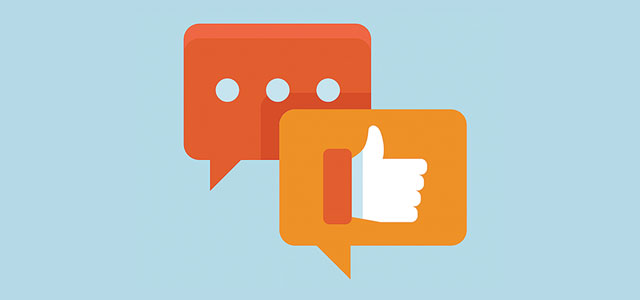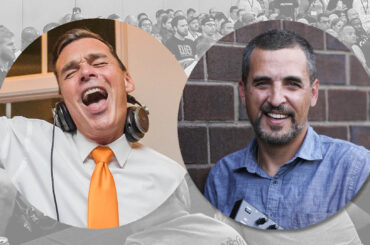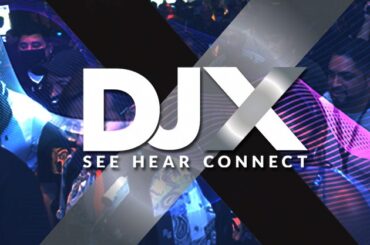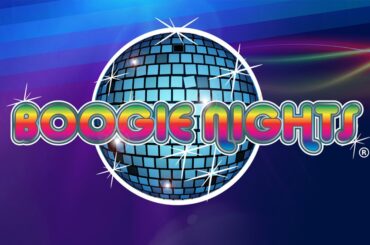Brian Buonassissi, managing partner at B-Boy Productions, has been in the mobile business long enough to have an opinion on the value of customer service. In fact, he’s got so many opinions he’s put together a seminar for the next DJ Expo, called “Why Your Client’s Experience Matters.” Taking a moment from his duties of running a company with offices in New York City, Orange County, Calif., and Destin, Fla., Buonassissi offered some insight on his presentation and his professional views.
Can you give us a quick overview of the seminar?
Sure. You used to just wow people with great gear, great music or a great show. But that’s not enough in today’s world. You have to deliver an experience that is second to none—from the day they first are introduced to you until way after the last song is played. In this seminar, you’ll learn some lessons from the best and worst service providers out there that will help you and your business stay on top for years to come.
You begin with a rating scale of 1 to 5. What is it and why is it important?
It doesn’t matter who you are, where you might be, what you do, it’s the scale by which you grade things (Yelp, WeddingWire, TripAdvisor, etc.). The question you need to ask yourself is: “What reasons dictate why a customer would give you a 5 as opposed to a 4?”
You say not to worry about any grades lower than a C. Why?
C is average… that is doing what is expected. Customers are satisfied. Example: if I buy a coffee maker, I’m not expecting it to also make me an omelet. It’d be nice, but I don’t expect it. As long as it does no more, no less, then I’m satisfied. But we’re not talking about a product, we’re talking about an experience.
Think about a really good experience you’ve had. A great restaurant experience, maybe a honeymoon. What if you came back from your honeymoon and somebody asked how it was and your response was, “I was completely satisfied.” You’re probably going to spend that night on the couch.
So when it comes to the experience, a “C” grade is just mediocre. So let’s look at clients or customers who give us an A. When you look at it, there’s a big difference between clients who give you an A and clients who give you a B.
Clients who give you an A will recommend you. They don’t say they might. They actually do it.
Clients who you give you an A will use you again.
Clients who give you an A will forgive you if you make a mistake.
Whereas a “B” client might do those, but they might not.
You say that the recession has changed the game when it comes to customer service. How?
It has caused your customer to redefine value. First, they’ve got a lot more choices than they have ever had. Would you agree that you’ve got a lot of competition? You aren’t the only game in town, right?
But they’re also a lot smarter. The internet has done that. Think about the last car you bought. You didn’t just go down there and take their word for it; you did your homework. You went on Kelly Bluebook, Edmonds—we knew how much our trade in was really worth, how much you paid for that car, etc. Or maybe you’re going on vacation and you’re looking at staying at a hotel that you’ve never stayed at before. You go online and look at the reviews. And what are those reviews about? The experience. They’re not about the pretty pictures. So again, customers are smarter. They do their homework. 80-percent of all clients in a recent survey said they will do their homework online before making a purchase today.
So that value pie has changed significantly now. As consumers, we’ve always defined value as, “Did I get the product or outcome that I considered or trusted at a price or fee or a rate that I would consider fair and with a positive experience?” It used to be that those three things were evenly disbursed out. Now what’s changed is that the pie elements are still the same, but it looks different (two-thirds of that pie is now experience and the other two take up one-third). The experience plays a much bigger role than ever before.
And so if experience is such a big part of that, who is your competition? Your competition is not your industry. Your competition is anybody creating great experiences for your clients. So they are comparing you to Nordstrom or Disney or fill in the blank with your favorite service provider. But you want to know what the most challenging part is? They are going to compare you incident to incident. They take any incident and they look for any similar incident to make a comparison.
Can you give us an example of that?
Your clients don’t evaluate you based on what they anticipate. They evaluate you based on what they think is appropriate. They don’t judge you based on what’s likely to happen. They judge you based on what ought to happen.
Illustration: Doctor’s appointment at 10 a.m. You wait an hour to be seen. Wouldn’t you have loved to just been told be there at 11 a.m. and be seen at 11 a.m.? Now it is happening different than you anticipated? No! It’s happening exactly as you anticipated. You’re getting mad because it’s not appropriate. That’s how your clients judge you today. They don’t judge you based on what you trained them to anticipate, they judge you based on what’s appropriate—and your competition is changing your client’s perception of what appropriate looks like and we have new kids on the block who make it even more challenging.
So you got a client using Uber and they have a great experience with Uber, then they look at you through Uber eyes and you begin to say, “Oh my God, this is going to be challenging.” Are your clients getting Uber’d?
Brian Buonassissi’s seminar, “Why Your Client’s Experience Matters,” will be featured at DJ Expo, which will run Aug. 15-18 at the Trump Taj Mahal in Atlantic City, N.J. For the latest on the show, please visit thedjexpo.com.








